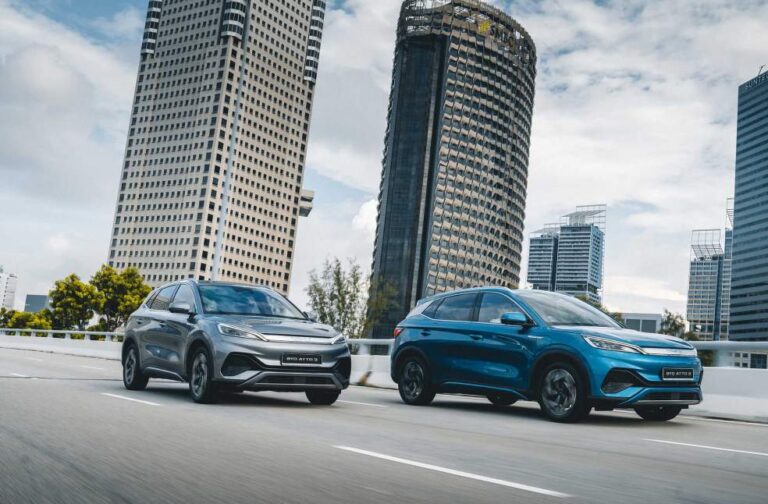China: China’s electric vehicle (EV) giant BYD has reported a substantial financial milestone, surpassing Tesla in quarterly revenues for the first time. In an outstanding performance between July and September, BYD recorded revenues of over $28.2 billion (¥200 billion, £21.8 billion), marking a 24% rise from the same period in 2022. In comparison, Tesla’s revenue stood at $25.2 billion, although Tesla preserved its lead in overall EV sales for the quarter.
The increase in BYD’s revenue mirrors China’s growing EV market, heavily supported by government motivations to encourage the shift away from petrol-powered vehicles. As part of a broader endeavour to push for green technology, the Chinese government has provided allowances for consumers to trade in older vehicles for newer, greener models.
Official figures from last week revealed 1.57 million subsidy applications at $2,800 each for vehicle trades. These subsidies, alongside other governmental incentives, have flashed a domestic EV boom. In fact, BYD reached a monthly sales record in September, indicating sustained demand within China.

However, China’s strategy of heavily backing domestic carmakers has sparked a backlash in international markets. This week, the European Union implemented tariffs of up to 45.3% on Chinese-made EVs, a move aimed at opposing what it calls unfair subsidies that put European automakers at a competitive disadvantage. The United States and Canada already set tariffs as high as 100% on Chinese EVs, underscoring the mounting global concern.
The EU, a key overseas market for China’s electric cars, has increased alarm over the rapid development of Chinese brands like BYD into Europe. Fearing that Chinese carmakers will undercut European companies with lower prices, these new tariffs recall the challenges Chinese firms may face in expanding internationally despite their significant domestic success. As China leans on high-tech industries to revitalise its slowing economy, its government-backed automotive brands are driving the nation’s rise in the global EV landscape, although escalating trade tensions.



